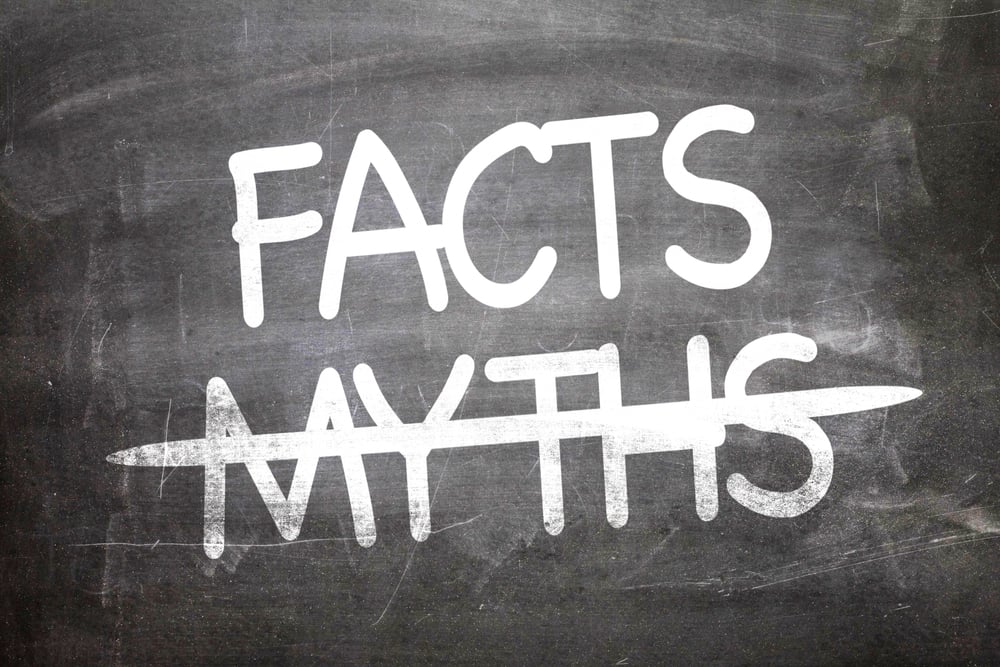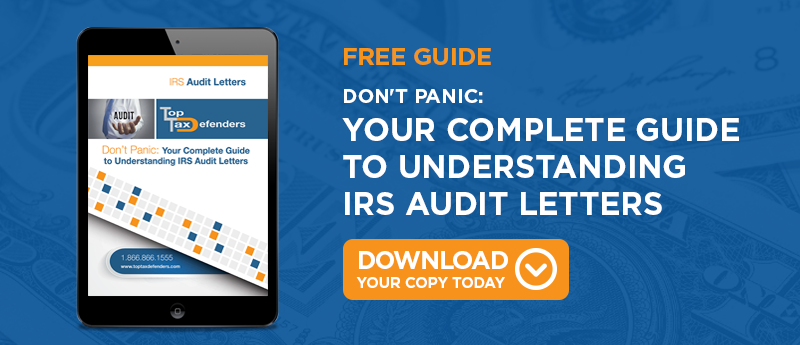
The words "IRS audit" may be downright frightening to the average taxpayer. News reports of taxpayers who've had to pay back thousands or even millions of tax dollars doesn't do much to ease that fear. Since taxpayers are often afraid of audits, they may avoid learning the truth about the IRS audit process. Here are a few common audit misconceptions that can ensnare taxpayers.
Misconception #1: The IRS Doesn't Audit People Who Aren't Millionaires
In years past, the IRS used the bulk of its manpower to perform audits on the wealthy. Now that more taxpayers than ever are e-filing, the agency has shifted its focus to lower and middle-class taxpayers. While the wealthy still get audited, the odds are higher that average-income taxpayers will end up under the IRS magnifying glass. The bottom line is that taxpayers should not feel that they are immune from an IRS audit simply because they don't earn a lot of money.
Misconception #2: If You Are Audited, You Have to Pay the IRS Immediately
If you are subjected to an IRS audit, there's a possibility that you won't end up owing the IRS at all. Some audits result in no additional amount due, and a few result in an increased refund. So there's no need to panic if you are selected for an audit.
However, even if the IRS decides that you owe additional tax, you will not be required to come up with the balance right away. You can still take advantage of the agency's free installment plan to pay off your tax over time. In fact, the majority of audits relate to previous tax years, so you may not even find out about an audit until two or three years after the return was filed.
Misconception #3: You Should Avoid Claiming Certain Deductions Because of an Increased Audit Risk
For years, the prevailing wisdom has been that taxpayers should avoid claiming some deductions because doing so would increase the risk of an audit. The home office deduction, in particular, has been a lightning rod for IRS scrutiny. Now that more taxpayers work from home on a regular basis, the agency has softened its stance toward taxpayers who claim home office expenses.
This does not mean, however, that it's okay to claim deductions for which you are not entitled. Be sure that you meet the deduction qualifications and keep all of your receipts for three years afterward.
If you file an income tax return, you do have a risk of being audited, even if you're not a millionaire. Remember to claim your legally authorized deductions and keep in mind that you'll have time to pay a balance, even if you are audited. By avoiding common audit misconceptions, you can face the tax deadline with confidence.




